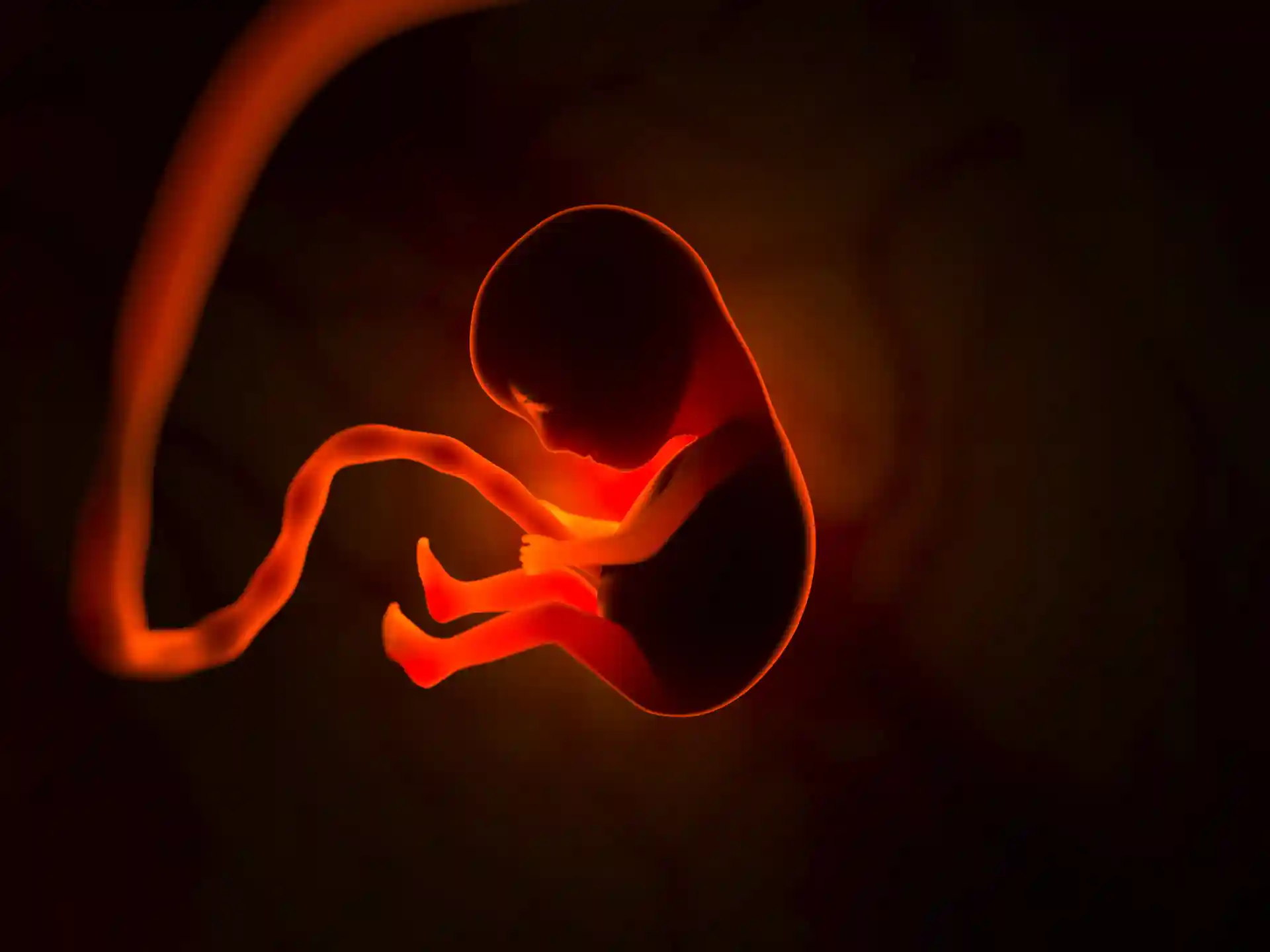Embryo transfer is the final moment in the IVF process. After long preparation and treatment with hormones, and a procedure for egg retrieval, the transfer of the embryo to the uterus remains. What happens after that transfer can also mean everything. Being anxious and wonder what actions you can take to increase your chances of success is normal. To get started, here is a guide on the do’s and don’ts after an embryo transfer to help in supporting a healthy and successful pregnancy.
Do’s After Embryo Transfer
Rest and Relaxation
Do take it easy for a few days: Resting after the embryo transfer can really help your body adjust to the whole process. Complete bed rest is not necessary, but you should at least steer clear of laborious activities for a couple of days.
Practice relaxation techniques: Stress can negatively affect your body, and may impact the effectiveness of transfer. Include practices like meditation, deep breathing or calm yoga to relax your mind.
Maintain a Balanced Diet
Do consume nutrient-rich foods: A healthy and balanced diet is important to move forward with the process of embryo implantation and to be in good health. Eating a lot of nutrients, such as vitamins, minerals, and antioxidants-rich foods among fruits and vegetables, whole grains and lean proteins can make a huge difference. These nutrients are what you will need during this sensitive stage.
Do stay hydrated: Fluid intake and fresh water should also be maintained. Drinking lots of water will hydrate your body, thus ensuring that all functions in your body, including those that help one in fertility, remain efficient.
Follow up with Your Doctor
Take prescribed medications: Your fertility specialist will advise you to take specific hormone injections or other treatments that might be prescribed for you after the transfer. In similar ways, progesterone supplements and others enable the establishment of fertile ground upon which the embryo can establish itself into the uterine wall.
Do attend follow-ups: One of the most essential things you must do is be in regular contact with your healthcare provider. You see all your scheduled appointments and follow the proceedings of your embryo and your well-being.
Stay Positive
Do not lose hope: It is understandable to feel anxious, but keeping your hopes alive will keep you on an emotional high during the waiting period. Keep friends and relatives close, find some lighter activities that help lift your day up, and avoid things that would unnecessarily stress you out.
Don’ts After Embryo Transfer
Avoid Heavy Workouts
Don’t do anything too strenuous: Incidental light walking is acceptable, but no high-impact sports such as jogging, heavy lifting or high-energy exercise. These activities can lead to an increased blood flow, mostly away from the uterus and put unnecessary strain on your body during this delicate time.
Avoid too much Caffeine and Alcohol
Avoid too much caffeine: Although small amounts of caffeine do not have an effect on fertility, excessive intake can cause blood vessels to constrict leading to the reduced blood flow in the uterus affecting implantation. Thus, you should not exceed one small cup of coffee or tea per day, and switch to decaf.
Avoid alcohol: Since alcohol is proven to affect hormone levels, consuming it must be avoided during the implantation since this may worsen embryo implantation.
Do not Take a Hot Bath or Sauna.
Do not expose yourself to excessive heat: Avoid hot baths, saunas, or hot tubbing after the embryo transfer. High temperatures increase your core body temperature, which may upset the implantation in the uterus of the transferred embryo.
Avoid smoking
Quit smoking and don’t be exposed to secondhand smoke: Smoking is bad for fertility and can reduce implantation success even further. If you smoke, you should quit before starting IVF, certainly after embryo transfer, and avoid secondhand smoke.
Don’t get too Obsessed with Symptoms
Don’t make a big deal of early signs: It is tempting to connect a plausible meaning to each feeling and sign, but more often than not this leaves room for jumping to conclusions. Cramping, spotting, or bloating may be side effects of the hormone treatment and have nothing to do with the impact of the transfer. Save that for your next pregnancy test.
Don’t Worry Too Much
Do not let anxiety win over you: Do not overthink the issue or stress over every little thing. Over-worrying will weigh on your mental health. Engage in light activities that occupy your mind but do not strain your body. For instance, you can read a book, watch a movie, or have light conversations with family members.
Conclusion
In the period after an embryo transfer, days full of hope and anticipation are to be found, but care for one’s own body is crucial to maximize the chance of success. Obey the do’s and don’ts in the list and prepare a receptive uterine environment to permit implantation and subsequently growth. Time is needed; hold on to patience, listen to your gynaecologist’s suggestions, and remember that every journey is unique. Stay positive, care for yourself, and just let things happen, waiting for the result.
